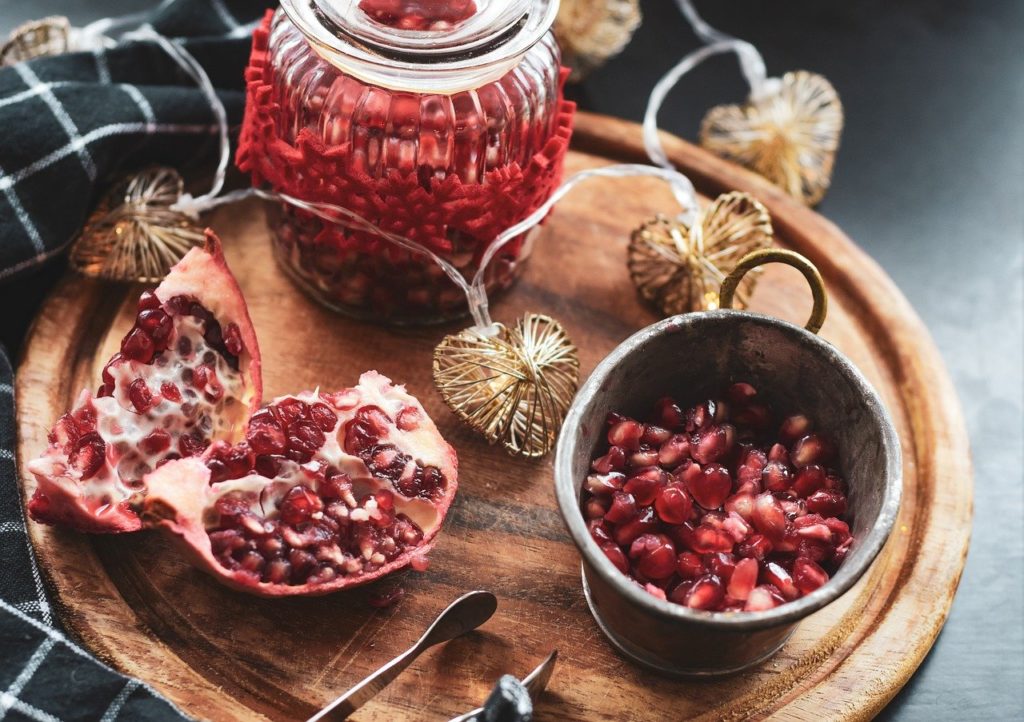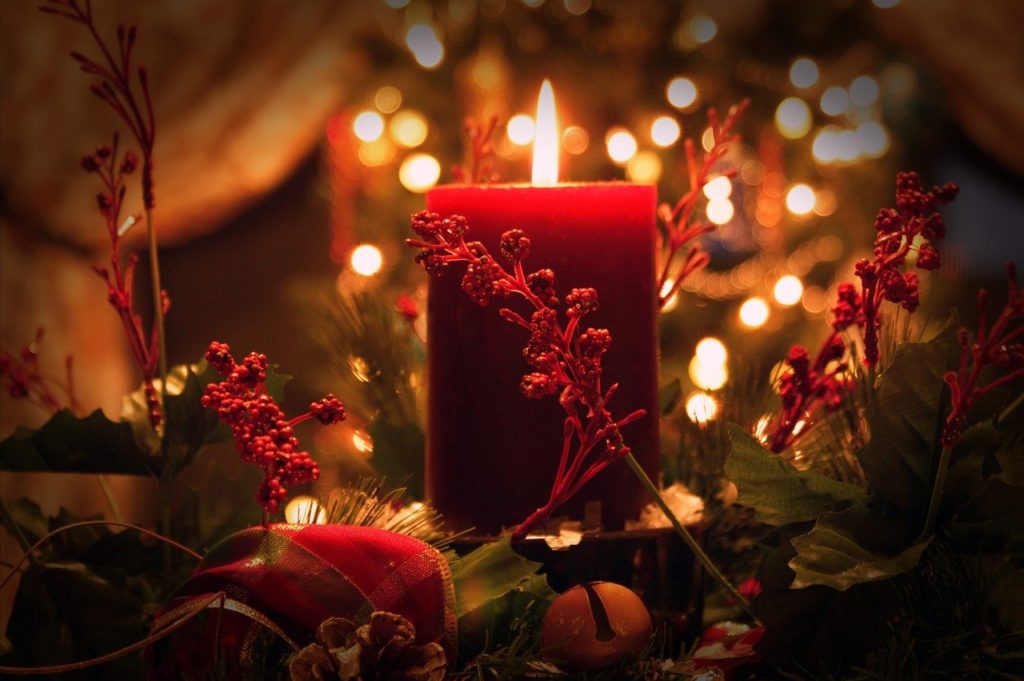Greek quiz about Christmas Posted by Ourania on Dec 23, 2020 in Culture, Quizzes, Vocabulary
Γεια σας! Σήμερα έχουμε ένα εορταστικό κουίζ. Hello! Today, we have a Greek quiz about Christmas. How well do you know the Greek customs? What would you eat in Greece on the 6th of January? What would you do if you saw a goblin? Do this quiz to find out: say whether the following statements are Σωστό (True) or Λάθος (False).
Καλά Χριστούγεννα! Merry Christmas!
#1. Στην Ελλάδα γιορτάζουμε τα Χριστούγεννα στις 25 Δεκεμβρίου από τον Ε’ αιώνα. In Greece, Christmas is celebrated on the 25th of December since the 5th century.
a. Σωστό
b. Λάθος
Απάντηση
We celebrated Christmas on the 25h of December since the end of the 4th century.
#2. Η νηστεία αρχίζει στις 15 Δεκεμβρίου. Nativity fast starts on the 15th of November.
a. Σωστό
b. Λάθος
Απάντηση
#3. Κάθε περιοχή στην Ελλάδα έχει τα δικά της κάλαντα. Every region in Greece has its own Christmas carol.
a. Σωστό
b. Λάθος
Απάντηση
#4. Στην Ελλάδα θεωρείται γρουσουζιά να παίζουμε χαρτιά την Πρωτοχρονιά. In Greece, playing cards on New Year’s Day brings bad luck.
a. Σωστό
b. Λάθος
Απάντηση
Actually, it is the opposite. Playing cards and gambling are part of the customs related to New Year’s Day.
#5. Tην Προωτοχρονιά ο ιδιοκτήτης του σπιτιού σπάει ένα πορτοκάλι για να έχει η οικογένεια υγεία, τύχη και χρήματα. On New Year’s Day, the owner of the house smashes an orange in order for the family to have health, luck and money.
a. Σωστό
b. Λάθος
Απάντηση
The owner smashes a pomegranate (ρόδι) as it is considered as symbol of luck and prosperity.
#6. Αν δείτε έναν καλικάντζαρο, πρέπει να του δώσετε κρασί γιατί δεν του αρέσει το αλκοόλ. If you meet an evil daemon (goblin), you should give them wine because they don’t like alcohol.
a. Σωστό
b. Λάθος
Απάντηση
It would be more efficient to light a fire, as οι καλικάντζαροι (goblins) are afraid of any source of fire.
#7. Στις 6 Ιανουαρίου (Θεοφάνεια) τρώμε ψάρι. On the 6th of January (Epiphany) we eat fish.
a. Σωστό
b. Λάθος
Απάντηση
#8. Ο Μέγας Βασίλειος (Άγιος Βασίλειος) ήταν από την Καππαδοκία και είχε αφιερώσει τη ζωή του στη φιλανθρωπία. Γιορτάζουμε τη μνήμη του τηn 1η Ιανουαρίου και ανταλάσσουμε δώρα. Basil the Great (Saint Basil) from Cappadocia and had dedicated his life to philanthropy. We honor his memory on the 1st of January and we exchange presents.
a. Σωστό
b. Λάθος
Απάντηση
In Greece we exchange presents on New Year’s Day not on Christmas.
#9. Το όνομα “Ιησούς” είναι από τα πιο συνηθισμένα αντρικά ονόματα. The name “Jesus” is one of the most common men’s names.
a. Σωστό
b. Λάθος
Απάντηση
The name Jesus is pretty uncommon for the Orthodox. Τhe name Χρήστος (Christos) and Χριστίνα (Christina) are common names.
#10. Παραδοσιακά, στην Ελλάδα στόλιζαν έναν ανεμόμυλο κατά τη διάρκεια των εορτών. Traditionally, in Greece people decorated a windmill during the holidays.
a. Σωστό
b. Λάθος
Απάντηση
People used to decorate a small ship, because the Greeks had always a strong bond with the sea. Nowadays, some people still prefer to decorate a ship, especially in the islands.

Build vocabulary, practice pronunciation, and more with Transparent Language Online. Available anytime, anywhere, on any device.





